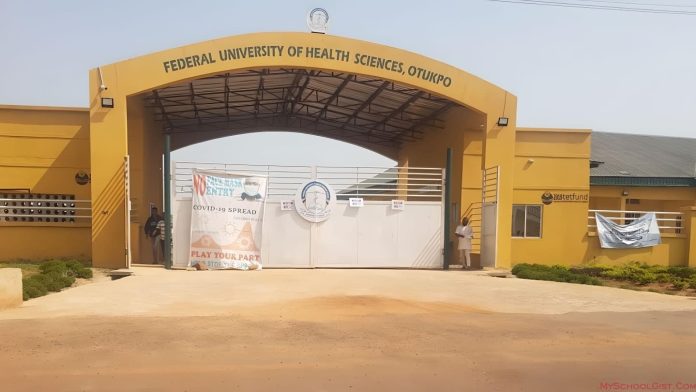DELTA State has, for years, been a rare demonstration that targeted government investment that can save lives. Since the administration of Dr. Emmanuel Uduaghan, successive governments have prioritised healthcare, especially for maternal and child wellbeing, building and equipping primary health centres across local government areas, guaranteeing free healthcare for pregnant women until delivery and free treatment for children under five.
It is therefore intolerable that, even as the state funds medicines and services, a minority of health workers have chosen to betray public trust. As the State Commissioner for Health, Dr Joseph Onojaeme disclosed, investigations found some health workers collecting money from pregnant women and children under five for drugs and services that should be free, while still forwarding the bills to the government for payment. “Health workers in the state have done well, but in every twelve, there is a Judas,” he said. The metaphor is apt: one rotten actor can undo the good work of many and corrode confidence in the entire system.
The government’s response so far, dismissals, demotions, and a pledge of continued monitoring, must be commended. Sanctions have already been applied to some offenders, signaling that the state means business. Yet sanctions alone are not a panacea. For the policy of free maternal and neonatal healthcare to survive and deliver its promises, enforcement must be relentless, transparent, and paired with measures that make corruption harder and detection easier.
First, disciplinary action should be swift and public. Dismissal and demotion are necessary where evidence is clear; where criminality exists, suspects must face prosecution. If health workers are found to have billed the government while taking cash from patients, that is theft from both the state and the most vulnerable citizens, an offence that ought to attract criminal charges. Publicising outcomes of investigations will deter would-be offenders and restore faith among women who might otherwise avoid public facilities for fear of extra costs.
Again, oversight must move beyond occasional audits to continuous, frontline monitoring. Onojaeme’s promise to make a complaint hotline public is welcome, but phone lines must be accompanied by independent spot-check teams, mystery-patient drives, and digital records that trace who dispenses which drugs and who signs requisitions. The easier it is to cross-check medicine stocks, government reimbursements, and patient receipts, the harder it becomes to misappropriate resources.
There is also the need to empower communities. The state has done the heavy lifting by making primary health centres functional in every local government area. The next step is to make citizens partners in enforcement. Health facility management committees, traditional leaders, and civil society should be briefed and given clear means to report abuses without fear of recrimination. Pregnant women and caregivers must be informed, repeatedly and in local languages, of their entitlements and the official channels for complaints.
Government should check corruption by strengthening frontline workers’ incentives and training. While the offenders must be punished, we should not ignore why corruption occurs. Low morale, late salaries, poor supervision, and weak procurement systems create fertile ground for opportunism. The state should pair enforcement with improved working conditions, clear supply chains, and mandatory ethics training for all staff. A professional, accountable workforce is the only sustainable defence against recurring abuse.
Finally, the government must continue to invest. It would be a grave error to let the actions of a few derail a life-saving programme. Delta’s maternal and neonatal initiatives are an investment in the state’s future, in healthy citizens, families, and reduced long-term costs. The administration should remain unswerving in funding while tightening the controls around that funding.
The message to health workers is simple and uncompromising: you are guardians of life, not pursuers of petty gain. Those who extort pregnant women and young children have no place in the public health service; they must be disciplined and, where warranted, handed to the courts.
To achieve the government’s vision of a healthy population, stakeholders – communities, workforce and the government – must synergise through reporting of abuse, dedication to duty, enforcement and publicity, and incentives to encourage service providers. The survival of Delta’s maternal and neonatal gains depends on these.


